Mozambique plans constitutional reforms to secure peace deal and joins Economic Partnership Agreement between EU and SADC
In a national address on Wednesday, February 7, Mozambican President Filipe Nyusi announced changes for the country’s constitution, changes which will increase the likelihood of striking a peace deal with the country’s largest opposition group, the Mozambican National Resistance (the armed wing of which is known as Renamo). According to Bloomberg, Renamo previously fought the government during the 16-year civil war that ended in 1992 and was involved in the fighting between 2013-2016.
These negotiations, starting with Nyusi’s meeting with opposition leader Afonso Dhlakama in the remote Gorogosa Mountains, have been ongoing since in 2015. The reforms will include a decentralization of power from the national to regional governments, with winning parties in provincial parliamentary elections able to appoint regional governors approved by the president. The changes also create the new position of provincial state secretary who will represent each region in national decisionmaking.
Also this week, the country joined the Economic Partnership Agreement between the European Union and the Southern Africa Development Community (SADC). The agreement, already being implemented by other SADC countries, will eliminate custom duties for Mozambican exports to the EU and requires that Mozambique reduce or eliminate custom duties on EU imports over the coming years.
In other business news, Mozambique approved development plans for a major liquefied natural gas project with an estimated investment of $20 billion. According to Bloomberg, a consortium of multinational investors are in the process of securing a gas sales agreement before finalizing the investment, with buyers still to be found for 3.4 million metric tons of annual gas production.
World leaders unite in Dakar to raise $2.3 billion for education
On Friday, February 2, Senegalese President Macky Sall and French President Emmanuel Macron hosted the third Financing Conference for The Global Partnership for Education. Created in 2002, the initiative aims to provide 870 million children with quality education, giving priority to the poorest, most vulnerable, and conflict-affected areas. The ultimate goal of the initiative is to meet Sustainable Development Goal 4: Ensure inclusive and quality education for all and promote lifelong learning opportunities for all. The meeting involved several prominent world leaders including World Bank President Jim Yong Kim and Ghanaian President Nana Akufo-Addo. Entertainer and entrepreneur Rihanna was also in attendance, within the scope of her role as ambassador for her Clara Lionel Foundation. During the conference, Macron pledged $248 million to the fund, and urged fellow world leaders to follow suit. In all, donors pledge $2.3 billion, with the EU, U.K., Norway, France, and Denmark making the highest commitments. Senegal pledged $2 million, making it the first recipient country to pledge to the fund. Ghanaian President Akufo-Addo urged fellow African leaders to improve domestic resource mobilization and increase their contribution to funding educational attainment. He stated that limiting capital flight would free up prodigious resource to fund African education.
The visit marks Macron’s sixth visit to the continent since he took office nine months ago. This time around, he, accompanied by World Bank President Kim, visited the Senegalese city of Saint Louis, a World Heritage Site and former political capital of the colony and French West Africa. There, Macron pledged $18.6 million to fight coastal erosion. This pledge complement a $29.9 million package from to World Bank to counter the ocean’s advance in “Africa’s Venice.”
US imposes sanctions on South Sudan and the Democratic Republic of the Congo
Last week, the United States imposed an arms embargo on South Sudan, thus formalizing its existing policy of banning U.S. weapons exports to the country. In response, South Sudan recalled its ambassador to the U.S. The ban followed a call from the African Union (AU) during last week’s AU Summit, which encouraged countries to implement sanctions against warring groups in South Sudan. As South Sudan has surpassed its fourth year of civil war—which has killed tens of thousands of people and displaced millions—arms are still entering the country through neighboring countries, the Financial Times noted from a U.N. expert report.
On Tuesday this week, protesters in Juba, South Sudan demonstrated outside the U.S. embassy and United Nations base, claiming that the U.S. arms embargo is an attempt to weaken the nation and that the U.S. is supporting the rebel groups through the United Nations mission to South Sudan and neighboring countries. According to the Sudan Tribune, the protests grew violent, and several journalists were assaulted, although none were seriously injured. Meanwhile, 14 warring factions from South Sudan were represented in peace talks led by the Intergovernmental Authority on Development in Addis Ababa this week. This latest round of negotiations is expected to focus on peace and stability, as well as governance and elections.
In other news, this week the U.S. also imposed targeted sanctions on four individuals from the Democratic Republic of the Congo, who it accuses of having “engaged in destabilizing activities responsible for prolonging the conflict in the Democratic Republic of Congo (DRC) and contributing to widespread poverty, chronic food insecurity, and population displacement.” These “human rights abusers,” as the director of the U.S. Department of the Treasury’s Office of Foreign Assets Control called them, will have their assets within U.S. jurisdiction blocked, and they will be prohibited from engaging in transactions with U.S. citizens.
The Brookings Institution is committed to quality, independence, and impact.
We are supported by a diverse array of funders. In line with our values and policies, each Brookings publication represents the sole views of its author(s).

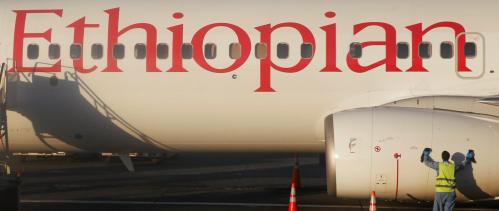
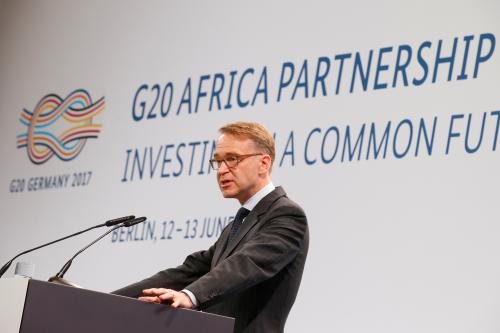
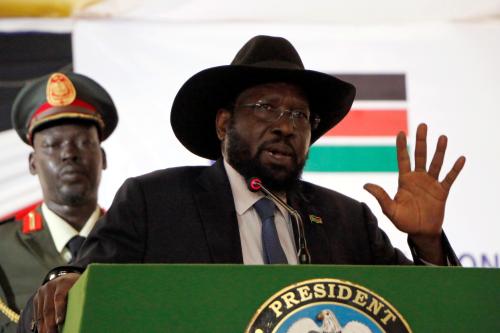
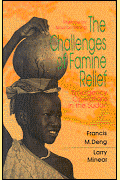
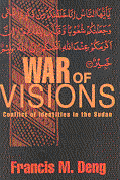




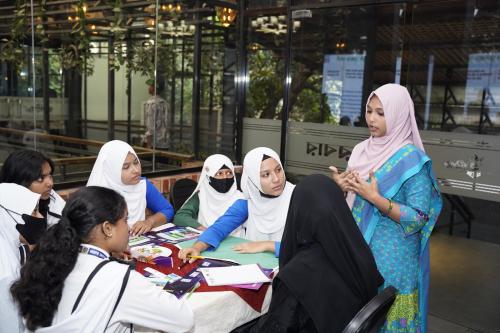
Commentary
Africa in the news: Mozambique’s constitutional reforms, Dakar’s education funding summit, and US sanctions on South Sudan and DRC
February 9, 2018